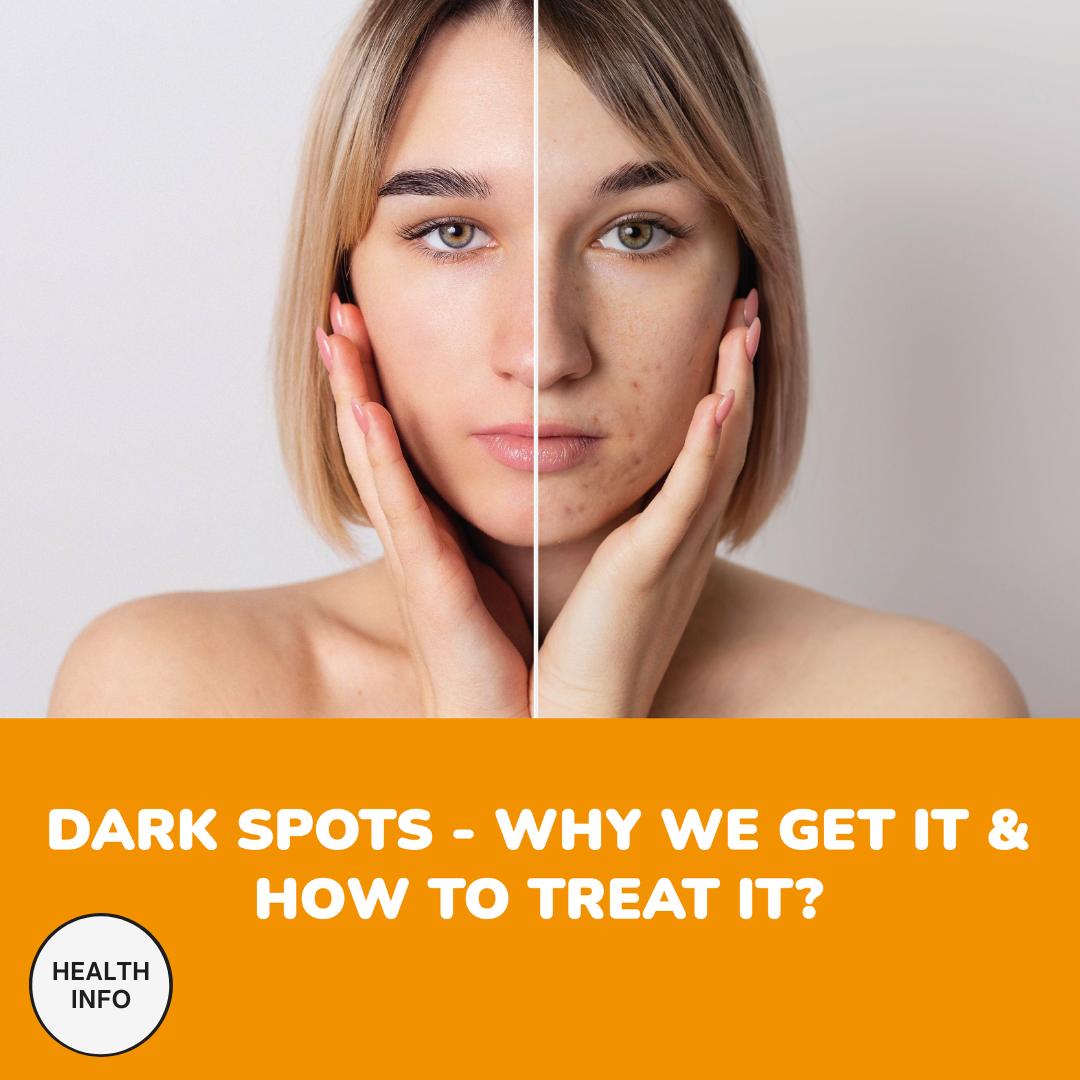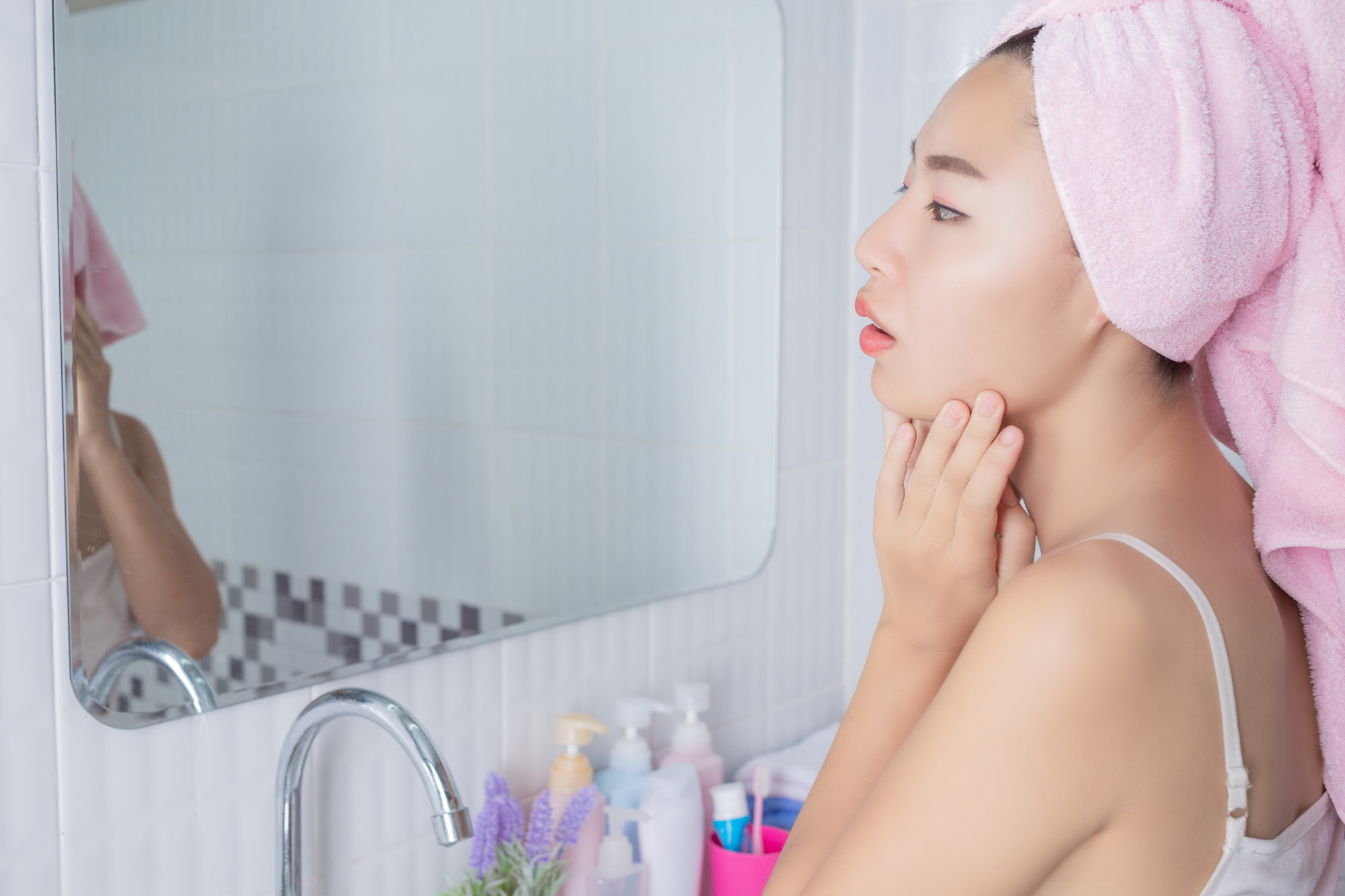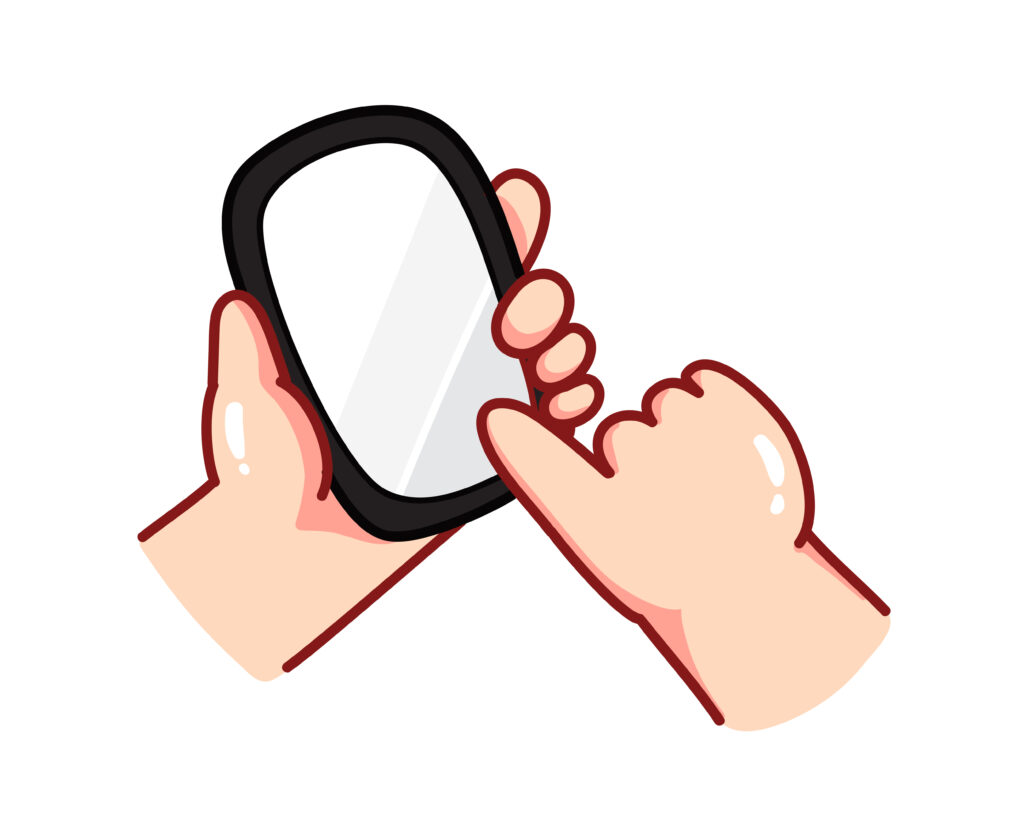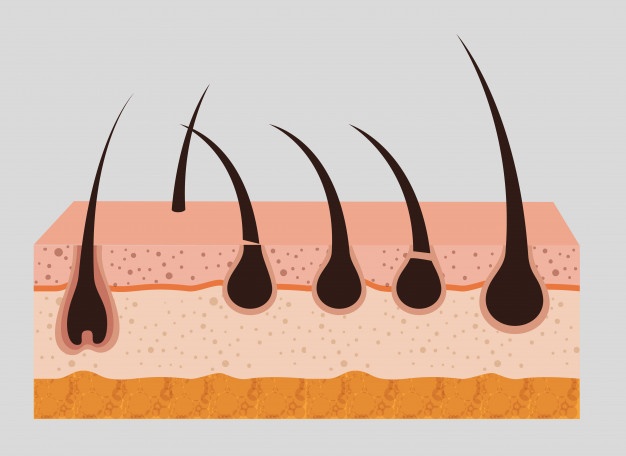- Home
- Health Center
- Health Info
- Dark Spots – Why we get it & How to treat it
Skin Care
Dark Spots – Why we get it & How to treat it


What is pigmentation?
We all have within our skin a type of pigment – called melanin. This gives color to our skin. Darkening of the skin occurs when there is an excess of melanin, this is also known as hyperpigmentation.
How is pigmentation formed?
Melanin is produced by our body in response to the DNA damage caused by UVB radiation.
Pigmentations can be caused by a few reasons:
UVA, UVB and Blue light
When the sun’s up, UV rays are also making their way to damage our skin. This triggers extra melanin production as our body tries to defend the sun. When we are frequently under the sun or under long sun exposure, we get a tan or pigmentation of what we called sun spots appear.
We have heard a lot about the perils of ultraviolet light (UVA and UVB) from the sun, but did you know that blue light – emitted by both the sun and our digital devices is also damaging to our skin? Even though these devices emit only low levels of blue light, most of us are guilty of holding our phones close to our face and carrying the devices with us all the time. These blue light from our gadgets causes oxidative stress to our skin, speeding up the aging process and can cause pigmentation due to over exposure.
Inflammation
Acne, eczema, bites can cause skin traumas which result in the release of inflammatory cells to produce more pigment cells in the skin. Skin can appear brown and flat after they heal – this is commonly known as post-inflammatory hyperpigmentation.
Does hyperpigmentation go away?
Most hyperpigmentations are temporary and will fade over time. It can take 6-12 months for a darker dark spot to fade away, while a pigmentation that is more resistant and deeper in skin may take years.
How do we treat and prevent hyperpigmentation?
Use Sun Protection Diligently
Most people make the mistake of not applying sunscreen when they are indoors or if it is a cloudy day. UV rays are present even when it is not sunny, so we should all prioritize sunscreen daily. There are plenty of sunscreen choices out there currently, choose a sunscreen product that is gentle, at least SPF 30 and one that not only protects you from UVA, UVB, but also blue light.
.
Use Skincare Ingredients Targeting Hyperpigmentation
– Vitamin C is a great antioxidant for the skin to help fight the oxidative stress and help brighten pigmentation. It helps with repairing damaged cells and has excellent anti-inflammatory properties to reduce redness.
– Niacinamide, also known as vitamin B3 is well-known for it’s skin brightening benefits when used everyday. It can also smooth skin and calm irritation.
– Click here to learn more about how to choose products that can brighten your skin.
Avoid picking your skin
Picking and scratching your skin will damage and inflame your skin, making the pigmentation spots more resistant.
In Conclusion
For your skin to see improvement and heal, these tips above can help along with time and patience. Do not hesitate to visit your nearest Caring and speak to us as we will do our best to help you solve your concern.
References:
- Desai, S. R. (2014). Hyperpigmentation Therapy: A Review. The Journal of Clinical and Aesthetic Dermatology, 7(8), 13–17.
- Plensdorf, S., Livieratos, M., & Dada, N. (2017). Pigmentation Disorders: Diagnosis and Management. American Family Physician, 96(12), 797–804.
- Taylor, Susan, Pearl Grimes, Joyce Lim, Sungbin Im, and Harvey Lui. 2009. ‘Postinflammatory Hyperpigmentation’. Journal of Cutaneous Medicine and Surgery 13(4):183–91.
Latest Health Info
Healthy Weight, Happy Joints
How Does Weight Affect Knee Health? The Link Between Pounds And Pain Osteoarthritis (OA) involves the degeneration of joints, which ...
The Gut Warriors: Prebiotics, Probiotics and Postbiotics
When it comes to gut health, you’ve probably heard of prebiotics and probiotics. But did you know there’s also ...
Tip Moreh: Masa Berbuka Puasa
Moreh adalah tradisi unik yang biasanya diadakan selepas solat tarawih pada bulan Ramadan. Ia melibatkan penyediaan dan perkongsian makanan ringan ...





